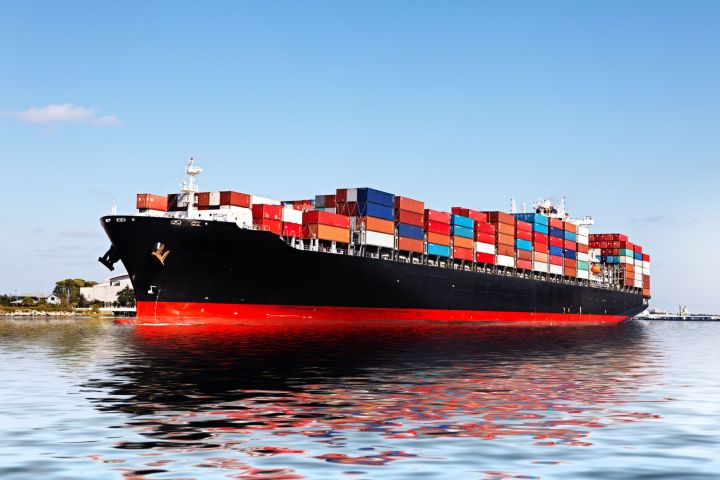
We already know that Rolls-Royce is developing a crewless cargo ship, and now shipping companies in Japan are teaming up to work on a similar design that could go into service as early as 2025.
Among those investing in the project are Mitsui O.S.K. Lines and Nippon Yusen, according to news outlet Nikkei, with local shipbuilder Japan Marine United looking to build around 250 of the self-navigating vessels in the coming years.
Incorporating an AI-powered steering system, the ships will have the ability to make sense of, and respond immediately to, automatically gathered data regarding changing weather conditions along the route, and nearby vessels and obstacles. Using that data, the ship would be able to calculate the best route in terms of fuel cost, and ensure a safe journey from port to port.
The technology could even predict — and therefore prevent — on-board technical and engine issues, improving efficiency and thereby saving shipping companies huge amounts of money.
Autonomous ships will also allow designers to remove the bridge and living quarters, freeing up more space for cargo.
Japan’s initial ship design involves retaining a small number of crew members to oversee certain operations, though completely uncrewed, autonomous ships are the ultimate goal.
This differs somewhat from Rolls-Royce’s plan, which would see unmanned ships monitored remotely by a “captain” stationed at a base located back on land, though Rolls-Royce, too, expects to have entirely autonomous ships on the water in the next 20 years.
Oskar Levander, Rolls-Royce’s VP of marine innovation, insisted last year that autonomous ships would replace the human-operated cargo ships of today.
“This is happening — it’s not if, it’s when,” Levander said. “The technologies needed to make remote and autonomous ships a reality exist … we will see a remote-controlled ship in commercial use by the end of the decade.”
The company is already testing an autonomous control system in Finland, and also running trials of sensor arrays in a range of operating and climate conditions.
While such advances aren’t good news for the many people who work aboard today’s ships, it’s likely to be some time before a large number of the world’s cargo ships are sailing without anyone on board.
Editors' Recommendations
- NASA’s Mars rover uses its self-driving smarts to navigate toughest route
- Security robots could be coming to a school near you
- Stick the Ever Given cargo ship wherever you like with this fun app
- This awesome drone station could be coming to a hospital near you
- Mayflower Autonomous Ship is headed to sea to test its self-driving boat tech


